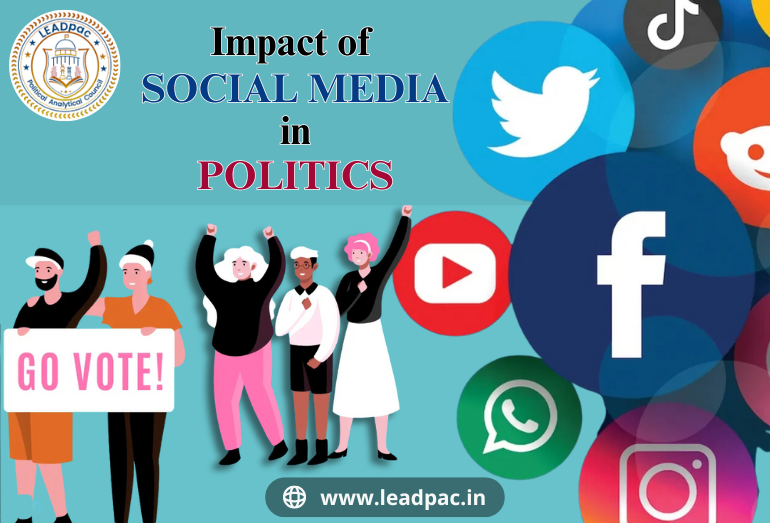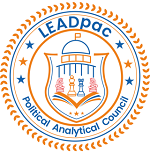The Impact of Social Media on Modern Elections: Shaping Public Opinion and Democracy

In the past decade, social media has revolutionized not just how we connect with each other, but significantly, how political campaigns are run and how public opinion is formed. The pervasive influence of platforms like Facebook, Twitter, and Instagram has introduced a new dynamic in the democratic process, altering the landscape of modern elections globally. This post explores the profound impact social media has on elections today, touching on both its empowering potential and the challenges it presents.
Amplifying Political Engagement
Social media platforms have democratized the way information is disseminated, allowing for a more direct communication channel between politicians and voters. Gone are the days when political engagement was predominantly about attending rallies or watching televised debates. Today, a tweet, a Facebook post, or an Instagram story can reach millions in seconds, with the power to engage more effectively than traditional media.
This instant access has empowered voters, especially younger demographics, to participate in political discourse more actively. Social media not only enables them to voice opinions but also organizes, mobilizes, and even sparks movements. The role of social media in events such as the Arab Spring or the more recent climate change rallies underscores its potential to enhance public engagement and political activism.
Targeting and Micro-Targeting Voters
Campaign strategies have evolved dramatically with the advent of social media analytics. Political campaigns can now target voters with unprecedented precision, thanks to the vast amounts of data these platforms collect. Micro-targeting involves tailoring messages based on demographic and behavioural data, potentially increasing campaign relevance and effectiveness.
However, In the landscape of Indian politics, where the electorate comprises over 900 million people across diverse demographics and geographies, the use of data to target and micro-target voters has become a valuable strategy. This approach not only tailors political messaging to meet the specific needs and preferences of different voter groups but also significantly impacts election outcomes by enhancing voter engagement and participation.
The Spread of Misinformation
Perhaps one of the most alarming aspects of social media’s impact on elections is the spread of misinformation. The ease with which false information can be spread on social media can undermine the integrity of democratic processes. Fake news, deep fakes, and manipulated content can create confusion and mistrust among voters, affecting their perceptions and decisions.
Efforts to combat misinformation are ongoing, with social media platforms increasingly deploying algorithms and human oversight to flag and remove false content. Nonetheless, the rapid spread and the sheer volume of information make this a challenging battle.
Echo Chambers and Polarization
Social media platforms are designed to show users content that aligns with their preferences, creating a filter bubble effect where one is exposed only to viewpoints they agree with. This can intensify political polarization, reducing the chances of constructive dialogue between differing viewpoints.
The creation of echo chambers can exacerbate divisions and lead to an increasingly fragmented society where common ground and bipartisan cooperation are hard to achieve.
Conclusion
The role of social media in modern elections is a double-edged sword. While it has democratized information and increased engagement, it also presents challenges that need addressing. Ensuring the responsible use of social media in political discourse requires collective efforts from governments, the platforms themselves, and users.
As we move toward more elections globally, the interaction between social media and politics will undoubtedly continue to evolve. The need for informed digital literacy among voters and stringent oversight on data usage and content moderation will be critical in safeguarding democratic integrity in the digital age.
